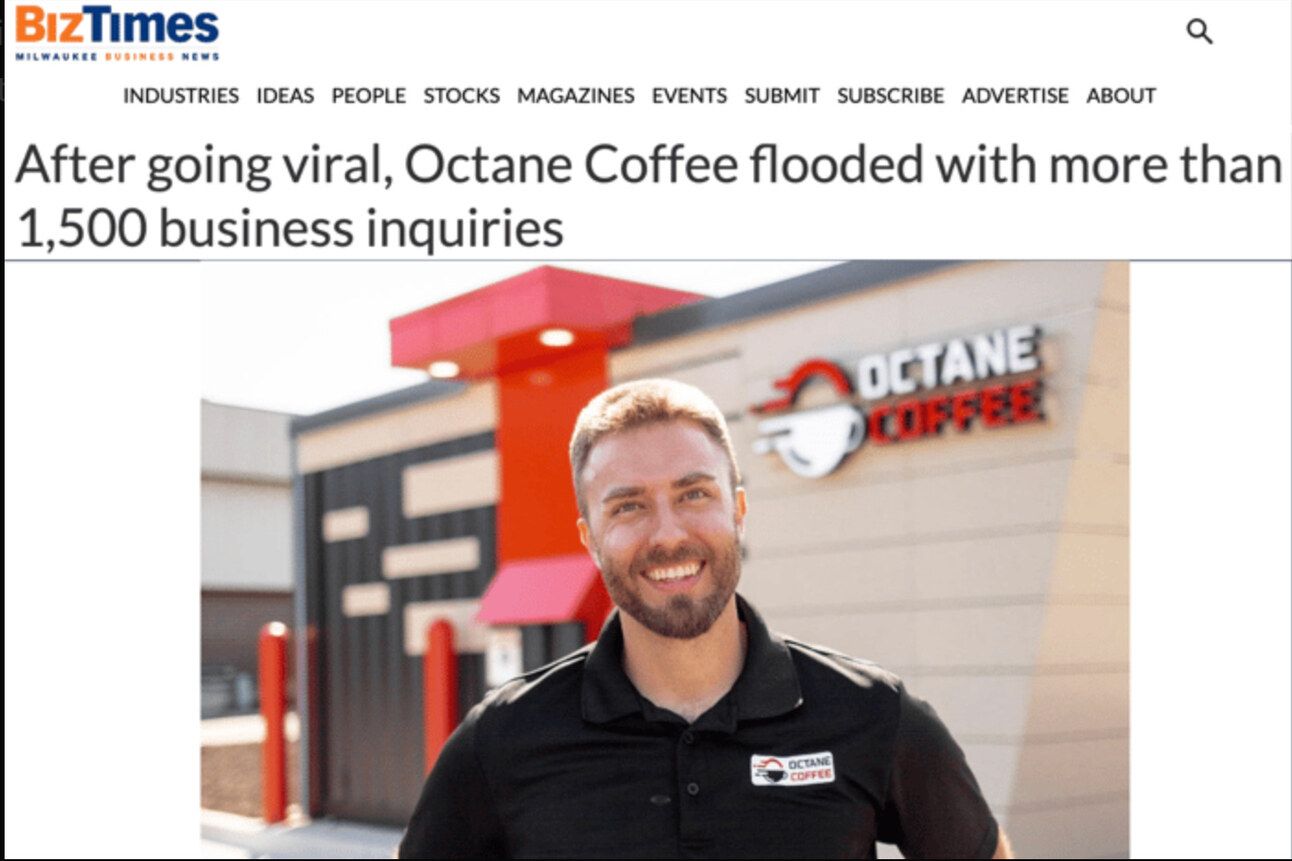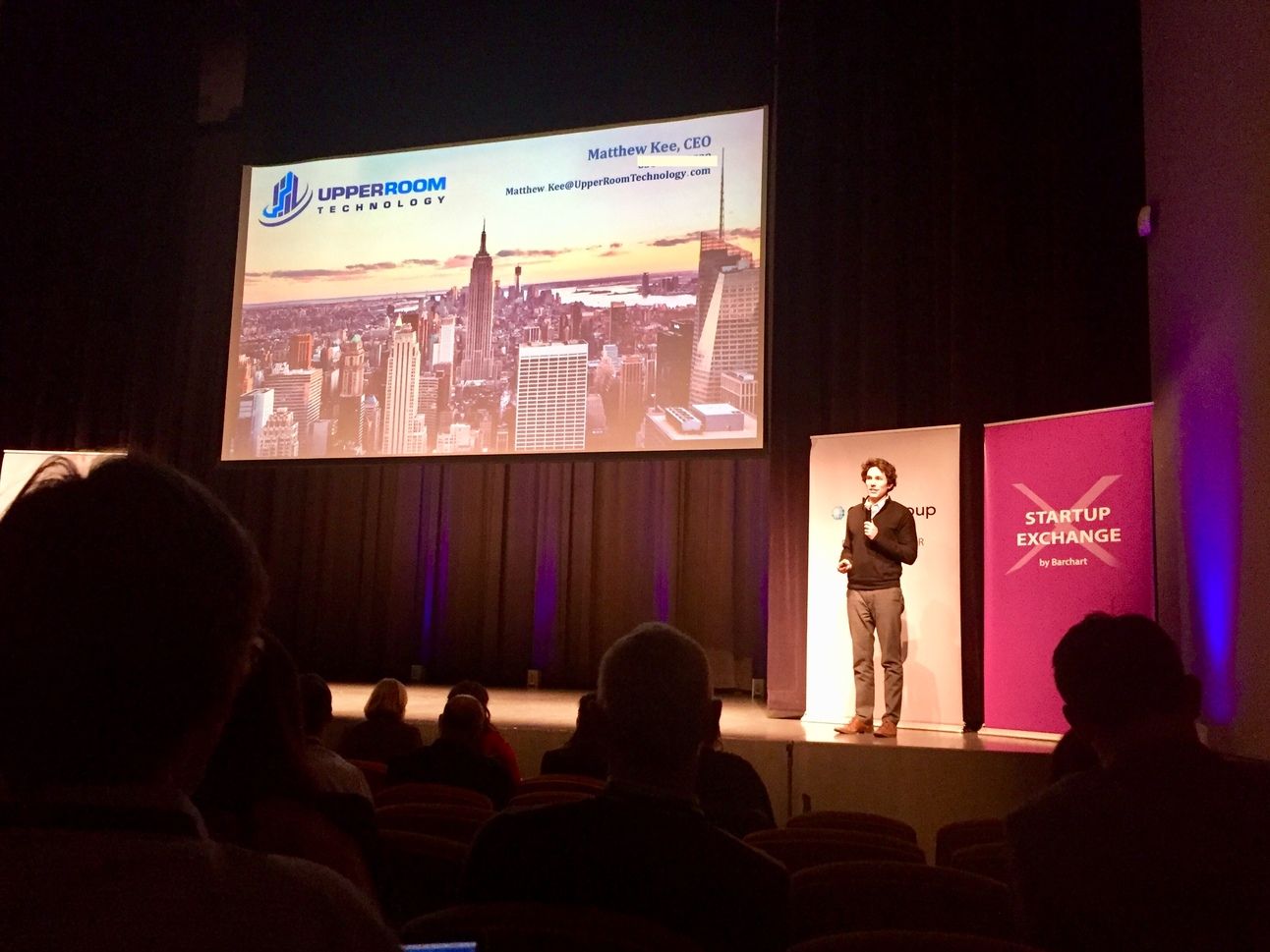If you’re new to this newsletter, click here to access the rest of my newsletter articles such as the “Why We Passed on this Startup” series, reflections on investing, and tactics on winning in the market. Now, onto today’s post!
Customer word of mouth referrals is the holy grail of startup customer acquisition. Yet, in observing hundreds of startups and investing in 19 startups as of September 2024, I’ve observed that…
✅ For some startup products, customer word of mouth doesn’t flow as freely. ✅
Over the years, I have spoken to various startups that had a very lackluster go-to-market strategy. Yet customers were actively telling other potential customers about the startup. Thus, the startup was receiving inbound leads on the website, requesting product demos. On the other hand, I’ve spoken to some startups where word of mouth is virtually non-existent. The startup has to work extra hard to penetrate customer accounts and convert them into customers, with very little help from word of mouth kinetic energy. Why the difference?
I’ve seen that there are three postures that your customer could have that affects the potential of word of mouth.
✅ Does the customer feel…
…Possessive about the startup’s product?
…Ambivalent about the startup’s product?
…Evangelistic about the startup’s product? ✅
When I evaluate potential startups from an investor lens, I always seek to understand the word of mouth potential across these three postures because I find it to be critical to developing the startup’s Go-To-Market strategy. Let’s explore each of them, and how to navigate with each one.
Is the customer possessive about the product?
A customer is often possessive of the startup’s product when they see the product as providing an competitive edge in the market. It is sort of like a secret that they want to keep internally to their company.
I was once chatting with a Series A startup Founder and CEO whose startup sold their tech product to enterprise household name companies.
As we discussed the product, it provided insights to their customers on how to best bring products to market. The CEO gave a few examples of how the product was used in Customer A. There was clear core product value.
Trying to get a sense of the word of mouth posture, I threw out a company that I knew was a direct competitor to Customer A and asked, “How would Customer A feel if Competitor X started using your product? Now Competitor X would receive the same insights for their domain that Customer A does.”
The CEO replied that Customer A sees using their product as a competitive edge. Thus, they would not want Competitor X to use it.
Thus, among this product and use case, word of mouth potential was nearly non-existent due to the possessiveness that each company felt. Sure enough, the startup had to do several types of marketing activation at each of their target companies to raise awareness and to convert each one of the competitive companies into customers.
Is the customer ambivalent about the product?
When a customer is ambivalent about the startup’s product, there is sporadic and unpredictable word of mouth. It’s low frequency. An ambivalent word of mouth posture is more about when it’s convenient. The customer likely won’t go out of their way to do word of mouth.
Tundra Angels was once doing due diligence on a startup. I had a customer reference call with a customer who was using the startup’s software.
I asked the question, “How would you feel if another __(company like yours)__ started using the startup’s product?”
The customer replied, “I’ve had other companies like mine call me up that are looking at the startup’s product, I’ve given all of them two thumbs up. If the startup is looking to expand their customer base, it wouldn’t increase competition. [The startup team] really does rock. I don’t mind giving them accolades.”
That’s a great review! Clearly the startup had a happy customer. After I learned this, I immediately expected the customer to be evangelizing the startup’s product. Yet, the customer appeared ambivalent from a word of mouth perspective. They were not readily evangelizing the product to other potential customers of the startup.
✅ The customer was happy to give a good message to potential customers coming inbound to speak with him, but not actively taking the message outbound. ✅
This breaks an assumption that I think many founders inadvertently make.
✅ It is highly possible that your customers are very happy with your product yet never tell a single person about it.
In some cases, especially when customers are ambivalent, maybe the startup just needs to give the happy customer an at-bat. ✅
Is the customer evangelistic about the product?
When a customer is evangelistic about the startup’s product, there is word of mouth that is predictable and of a noticeable level of frequency. Startups whose customers are evangelistic about the product receive a high amount of inbound leads from word of mouth.
A customer posture that is evangelistic about word of mouth either has a “It’s about me and you” motivation or a, “It’s about all of us” motivation.
“It’s about me and you” - It makes the receiver joyful and inspired and it makes the evangelist feel rewarded, happy, and increases their social capital.
“It’s about all of us” - When evangelizing the product message is acting in the best interests of the industry, the market, or a higher purpose or calling.
I’ll give two examples from two Tundra Angels portfolio companies - our first ever investment in March 2021, Octane Coffee, and our most recent investment in August 2024, EVEN.
Octane Coffee - “It’s About Me and You”
Octane Coffee is the first-ever robotic automated coffee drive-thru. It is located in the West suburbs of Milwaukee. It was a company that from the beginning, customers had an evangelistic posture. This was underscored when in October 2023, Octane Coffee had a viral moment when an article from TM4J in Milwaukee hit the internet. \When it was all said and done, in just a few short weeks, Octane Coffee received over 1,500 franchisee inquiries from around the world! (See the article Two Types of Consensus Inflection Points for more details)

Octane Coffee is a product use case where customers clearly have an evangelistic posture. They cannot help but tell other people about Octane Coffee - for the other person’s benefit and the evangelist’s personal enrichment. Unsurprisingly, part of Octane Coffee’s go-to-market strategy involves empowering and mobilizing current customers to tell others about Octane Coffee.
EVEN - “It’s About All of Us”
EVEN, Tundra Angels’ recent investment in August 2024, is growing rapidly. The problem thesis is that streaming platforms (Spotify, Apple Music, etc.) are predicated on needing a high volume of fans for artists to make a livable wage. EVEN makes it possible for artists to get paid what they are worth without needing a global following. (For a deeper dive, check out Why Tundra Angels Invested in EVEN)
Customers - artists/distributors on one side and fans on the other - are constantly evangelizing EVEN because there is a larger impact at play.
Every musician, every fan, wants the artists to make more money and to succeed. Customers are evangelizing EVEN not because it is not just because it is a cool new tool. It’s almost as if they are saying, “We need each other to succeed. It’s about the future success of the music industry. It’s about all of us.” There is a high purpose and calling at play.
One Caveat
Now, this isn’t a market specific thing, it’s a product-level thing. It’s use case specific.
As an example, JP Morgan has developed their own algorithmic trading technology in house, but Bank of America doesn’t use it. JP Morgan has an edge and is possessive. Yet, for something like Zelle, the banking industry’s response to Venmo, it is an evangelistic posture. Both JP Morgan and Bank of America gain if both of institutions use it since they both need each other to fend off Venmo.
Some business models, or some markets, may play more naturally to different postures than others. But in general, I’ve seen that customer's posture towards word of mouth tends to be product and use case specific.
Tactics for Each Customer Posture
If the customers have a possessive posture, then the goal should be to make your product the new industry standard.
Leverage one customer against the other that isn’t yet a customer - “Competitor X is using our product, why aren’t you?” Loss aversion and the feeling of being left behind is often more powerful than positioning on value and ROI.
If your customers are sensitive information, then one tactic I’ve seen a Tundra Angels portfolio company do is have a slide full of customer logos from the industry and say something like, “Our customers are many of these logos here.” It creates a loss aversion in the prospect once they see a logo of an industry peer listed right next to theirs. They don’t know who the startup is working with, but it activates a conversation because the prospect doesn’t want to be left behind.
If the customers have an ambivalent posture, then you need to create inbound opportunities for that happy customer to talk to others about your product.
Remember the second example above. The customer was happy to give a good message to potential customers coming inbound to speak with him, but not actively taking the message outbound.
So, have a list of 3-5 notable reference customers that feel enthusiastic about having a conversation with a prospect. Many prospects don’t want to commit until they hear from somebody like them. In your sales process, if you feel that a prospect needs an extra nudge, you offer up a conversation with one of your reference customers, ideally one that the prospect already knows. This is especially important tactic if the prospect needs a nudge to commit.
If the customers have an evangelistic posture, then find ways to empower and mobilize.
This can take many forms.
One is incentives. At the beginning, Octane Coffee had one free coffee with the first sign up to mobilize people to try it for the first time and experience the “a ha” moment. That is a smart tactic because who doesn’t like telling their friend about a free coffee opportunity?
Or, it also could mean appealing to the higher purpose of “It’s about all of us.” Being a part of something bigger than ourselves is innately human.
Closing Thoughts
To be clear, it’s not that only great startups have customers with an evangelistic word of mouth posture.
Tundra Angels has invested in startups whose customers are in all three postures. In fact, several of our portfolio companies have customers that I would consider highly possessive. Yet, the startup’s technology is so incredibly superior to the current state of the art that there is a rationale ability for the startup’s tech to become the new industry standard for that use case. Hence, the customer posture doesn’t determine the quality of the startup opportunity. It impacts the go-to-market strategy that the startup employs.
Whether your customers feel possessive, ambivalent, or evangelistic about your product, there are always ways to get your customers talking.
Click here to access the rest of the newsletter articles.
Here are some of the recent ones!




